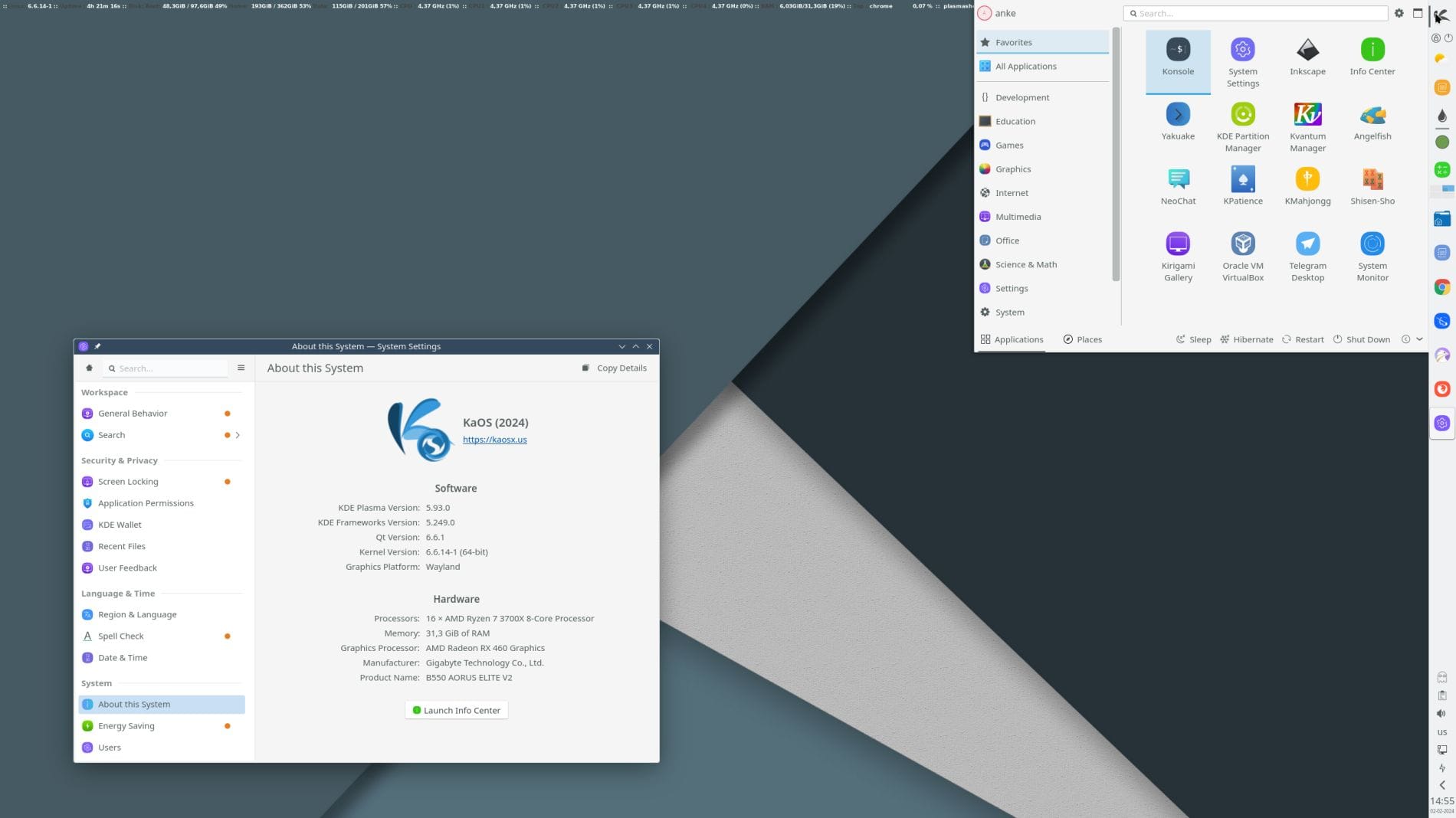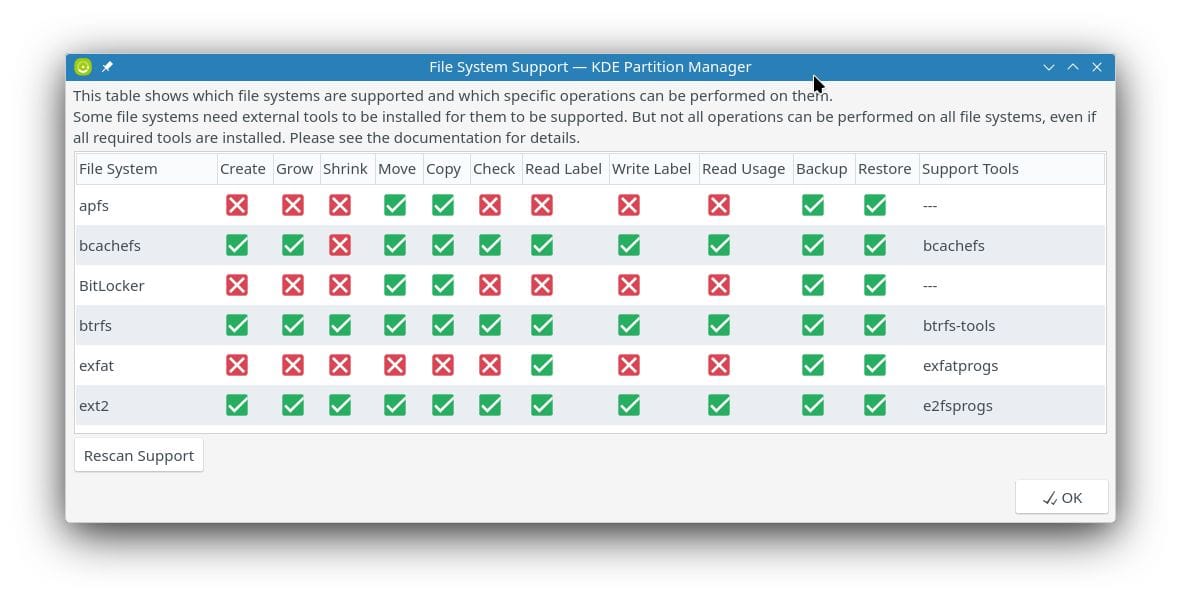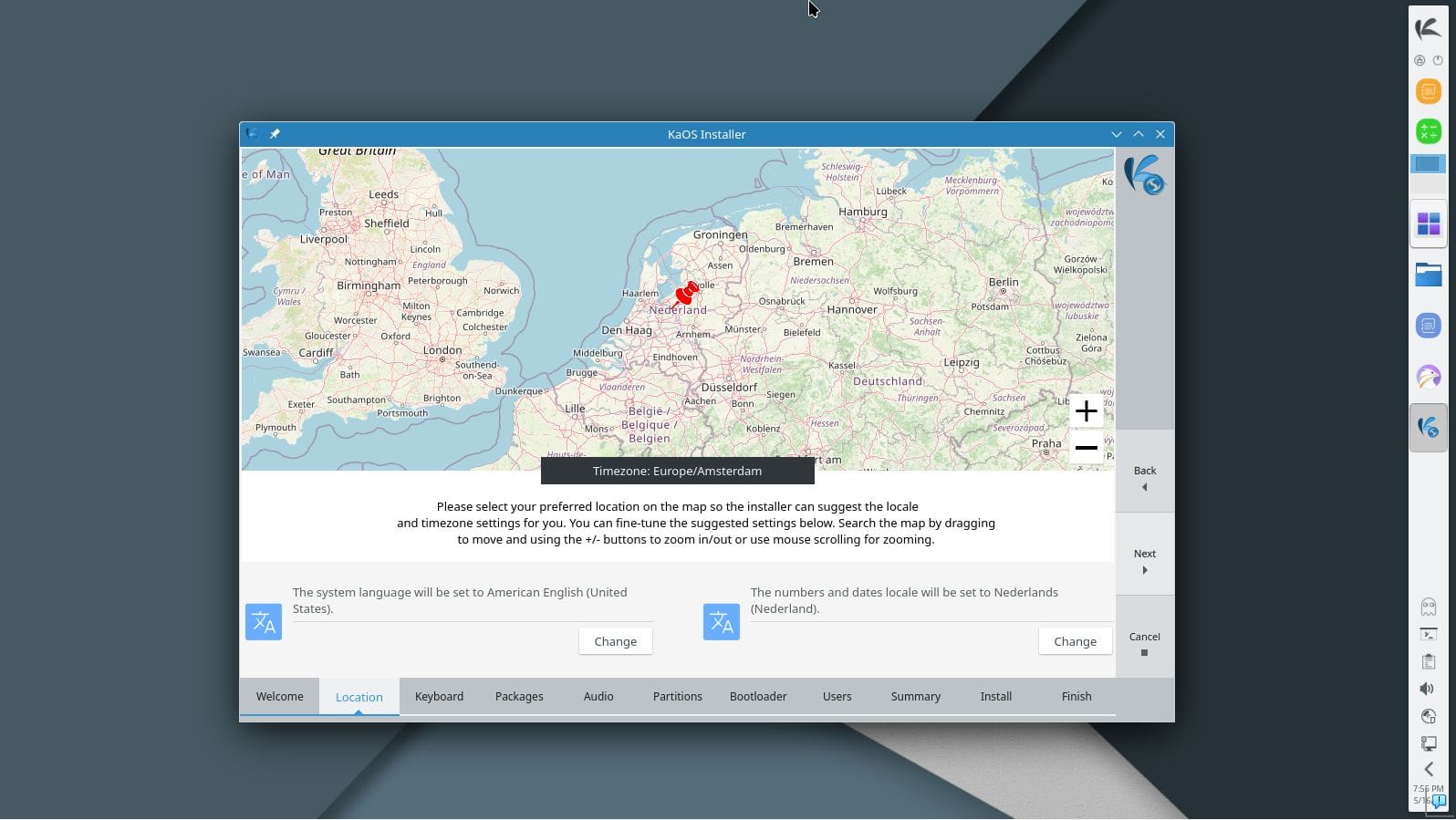
KaOS is a pretty unique independent Linux distro that aims to provide the latest KDE experience and follows a rolling release approach to handle updates.
It started off 2024 with a major 2024.01 release that featured an early build of KDE Plasma 6 before any other distro.
Now, we have yet another release in the form of KaOS 2024.05, which has some useful enhancements. Let's get started.
🆕 KaOS 2024.05: What's New?

With Linux kernel 6.8.11 powering it, this release is all about improving the overall functionality of KaOS.
Here are a few key highlights:
- Support for bcachefs
- Initial Wayland Work
- Updated Application Stack
Support for bcachefs

Introduced as an experimental feature, KaOS now has support for the copy-on-write (COW) filesystem, bcachefs. The developers have added all the necessary bcachefs-tool to the repositories for anyone to use.
Initial Wayland Work
Thanks to the inclusion of the SDDM 0.20.0 display manager, KaOS is now closer to the transition to Wayland than ever before. When that happens, like many distros, KaOS will join the Wayland-equipped distro club.
Updated Application Stack

On the application side of things, the Calamares installer on KaOS now lets you use popular file systems like XFS, EXT4, BTRFS, and ZFS during automated partitioning.
KaOS still uses the KDE Plasma 6 desktop environment, with a few additional KDE elements like Gear 24.05.0 and Frameworks 6.2.0 that have been built on Qt 6.7.1.
This release also marks the inclusion of the phonon-mpv sound backend, which has resulted in the removal of the previous VLC backend that was not playing nice with Qt6.
Similarly, GTK2 was completely removed from the KaOS repositories, and many packages were updated, with some notable ones including:
- Systemd 253.19
- OpenSSL 3.3
- Mesa 24.0.7
- Python 3.11
- ZFS 2.2.4
- KMod 32
And, a new Marknote package has been added, which is a KDE Plasma 6 compatible note management application.
The release blog has some more technical details that you can go through.
📥 Download KaOS 2024.05
You can grab the latest KaOS release from the official website, and for instructions, you can also refer to the documentation.
For existing users, you can run the following command to get the latest KaOS build:
sudo pacman -Syu💬 Impressed by this release? Hoped for a few more refinements? Add your thoughts below!
- Even the biggest players in the Linux world don't care about desktop Linux users. We do.
- We don't put informational content behind paywall. Your support keeps it open for everyone. Think of it like 'pay it forward'.
- Don't like ads? With the Plus membership, you get an ad-free reading experience.
- When millions of AI-generated content is being published daily, you read and learn from real human Linux users.
- It costs just $2 a month, less than the cost of your favorite burger.
Become a Plus Member today and join over 300 people in supporting our work.










